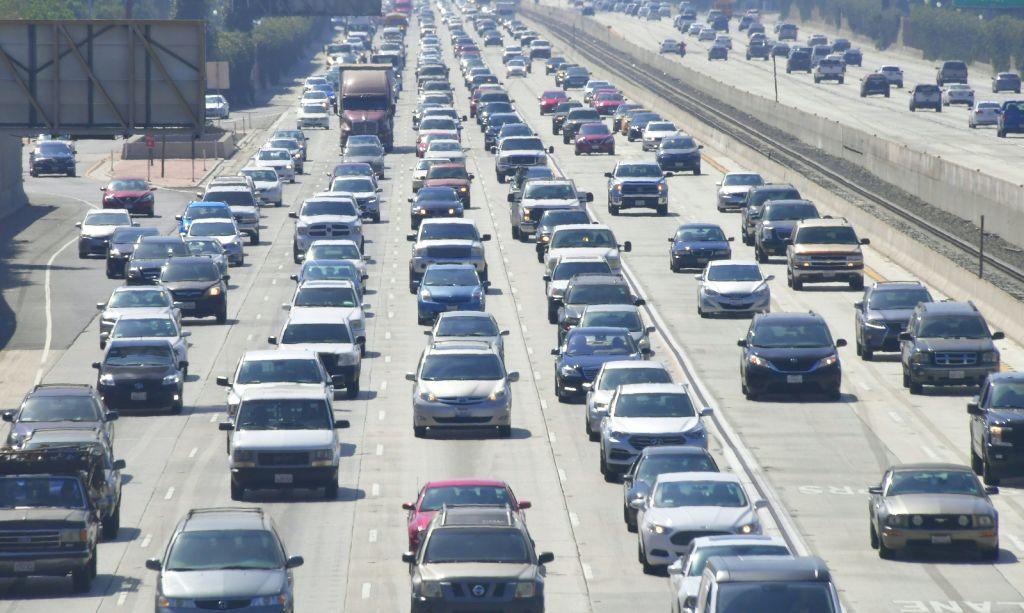The Donald Trump administration has proposed a series of rollbacks to federal environmental rules, including greenhouse gas and fuel economy standards.
In addition, the Environmental Protection Agency (EPA) has been studying the possibility of revoking a waiver that gives California the privilege to impose its own, stricter standards. If the federal government decides to go ahead with the waiver withdrawal, certain infrastructure projects in the Golden State could be delayed. The result, California officials say, could be detrimental to the economy.




